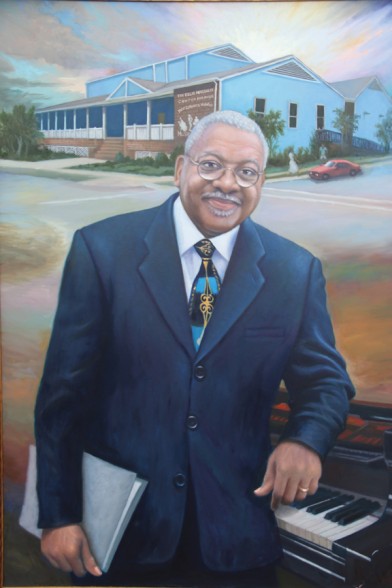With all the ranting I’ve done over the past 25 years about the importance of music, it’s sort of appropriate to go a bit deeper and talk about the importance of music education. As most of our readers know, music education has been cut drastically all over this country, because after all, it’s just music (!).
Music education supports learning in multiple other subjects; it teaches discipline, focus, language development, math and so much more. But teaching music in New Orleans also reinforces our culture; teaching jazz and its heritage and roots transcends teaching “just” music. It perpetuates our unique musical culture and stimulates interest in jazz, which is the one music that we in New Orleans have birthed and exported around the world.
This year’s Best of the Beat Lifetime Achievement Award in Music honors someone who is a premier musician and composer, as well as an educator who’s influenced countless musicians in his lifetime: Ellis Marsalis.
Even more astounding is that Ellis and his wife Dolores have created a family of sons who are artists and musicians in their own right, who in turn are influencing a younger generation of students and future musicians.
Think about it: How many musicians can claim a bevy of sons who are talented beyond belief and not only at the top of their game, but also respected as carriers of jazz’s musical torch? Branford, Wynton, Delfeayo and Jason are all accomplished musicians and are all involved in educating young people. They are carrying on Ellis’ legacy to future generations.
This is a beautiful thing, and so representative of what makes New Orleans such a unique musical place. The elders take the responsibility to pass down the music, and this process goes on and on, making our music immortal.
While he’s not here to accept an award any longer, another of our elders is being honored with a first-ever festival in mid-January that honors his memory and legacy: Danny Barker. Producer Detroit Brooks, an accomplished local guitarist, was one of the many young men who Danny Barker’s influence touched. “At one time, jazz—which was called Dixieland— wasn’t being played by black musicians because it had racial overtones,” Brooks said. “Danny changed all that. He told us that it was our music and that we had to learn about it, embrace the traditions and make the music ours again.” Barker did that, and has had a profound influence: another example of traditional musical threads weaving a tapestry of everlasting music in our community.
We hope you enjoy Best of the Beat on January 22!





